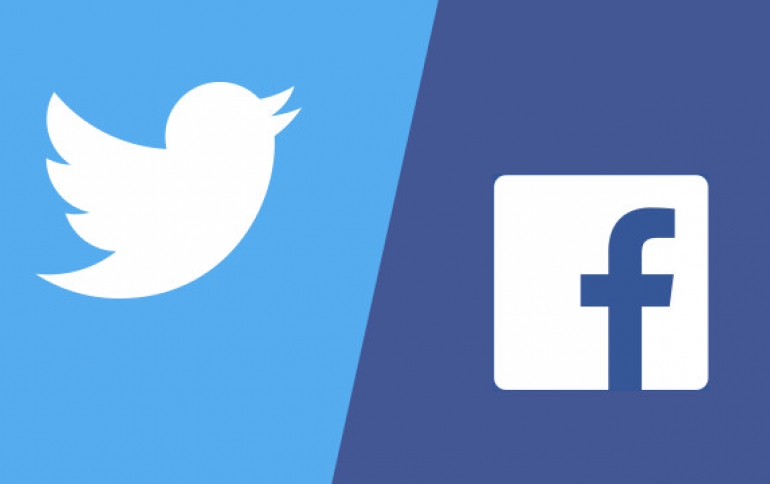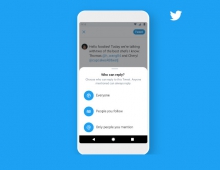
Facebook and Twitter Remove Fake Pages, Accounts Tied to Iran
Facebook said it has removed 783 Iran-linked pages, accounts and groups from its service as a result of "coordinated inauthentic behavior.” Seperately, Twitter revealed that it had removed thousands of malicious accounts thought to have originated in Iran, Russia and Venezuela for spreading fake news.
Facebook characterizes as "coordinated inauthentic behavior" fake accounts run with the intent of disrupting politics and elections.
The company has disclosing such purges more regularly in recent months, including ones linked to groups in Myanmar , Bangladesh and Russia.
The accounts on Facebook and Instagram typically misrepresented themselves as locals in more than two dozen countries ranging from Afghanistan, Germany, India, Saudi Arabia and the U.S.
Facebook says the accounts spent about $30,000 on advertisements, paid for in U.S. dollars, British pounds, Canadian dollars and euros.
The company says Twitter helped its investigation by sharing information about suspicious activity it found on its own service.
For its part, Twitter said it had removed thousands of malicious accounts thought to have originated in Iran, Russia and Venezuela for spreading disinformation online.
In the months before American voters went to the polls, some of these campaigns with foreign ties sought to stoke social and political unrest around hot-button issues, the company said, echoing tactics that social-media companies have spent two years trying to counter.
Twitter said it removed 418 accounts thought to have originated in Russia before Election Day last November.
Twitter also said it has removed 764 accounts originating in Venezuela that mimicked Russia’s information operations. The company said it removed a majority of these accounts by November 2017, but nearly a quarter of more recently created accounts tweeted 50,000 times about the 2018 midterm election. Twitter said a second “state-backed influence campaign” found and disabled in Venezuela focused on the country’s own citizens.
In addition, Twitter confirmed it found additional malicious activity originating in Iran, part of a campaign first unearthed in 2018 that sought to amplify political messages that had been broadcast by the country’s state-run media. Twitter announced that it removed more than 2,600 accounts thought to be connected to this network. About a third tweeted in English, the company said, a small fraction of which touched on the U.S. midterm election.





















